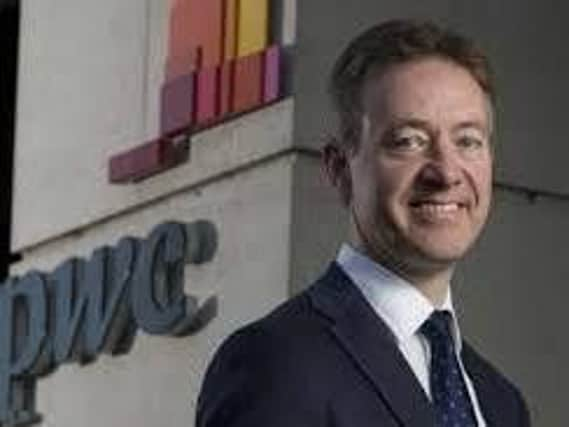Yorkshire GDP shows growth


PwC said Yorkshire’s economic recovery continues to improve with GDP growth of 1.7 per cent in 2016, with positive employment growth also predicted.The report projects GDP growth in the region of around 1.7 per cent in 2016, revised up from the 1.3 per cent projected in July, but in line with the UK average growth predictions of around 2 per cent. Growth is expected to decelerate in all regions in 2017, but none should fall into recession as the UK begins to feel the effects of the vote to leave the EU. In terms of employment growth, it is expected London will lead the way in 2016 with growth of 2.1 per cent closely followed by Yorkshire with 2 per cent growth. In 2017, the picture is expected to be a broadly similar story. Ian Morrison, PwC’s Yorkshire & North East regional leader, said: “We expect the Chancellor to adopt a pragmatic approach in his Autumn Statement, allowing borrowing to take the strain of slower growth, while adopting revised fiscal rules that give him more flexibility to boost planned public investment in priority areas such as housing and transport infrastructure.”PwC said UK economic growth held up better than expected in the months following the Brexit vote, particularly in consumer spending and services.However it predicts that UK growth will slow to around 1.2 per cent in 2017, due in particular to the drag on investment from increased political and economic uncertainty following the Brexit vote. It expects inflation to rise to around 2.7 per cent by the end of 2017 as the effects of a weaker pound feed through to consumers.“A decline in business investment is likely to be the main reason for the slowdown in real GDP growth next year, driven in particular by uncertainty about the UK’s future trading relationships with the EU,” said Mr Morrison.“But we expect Brexit to exert a long, slow drag on growth, rather than giving the economy a short, sharp shock.”